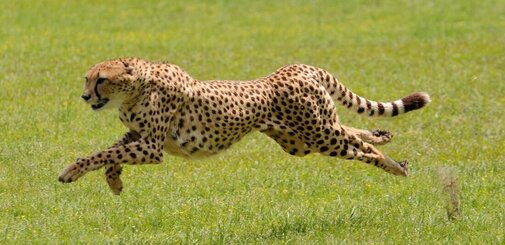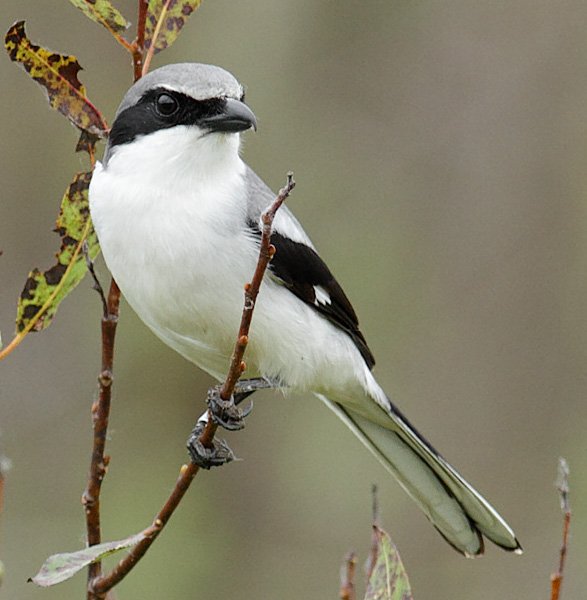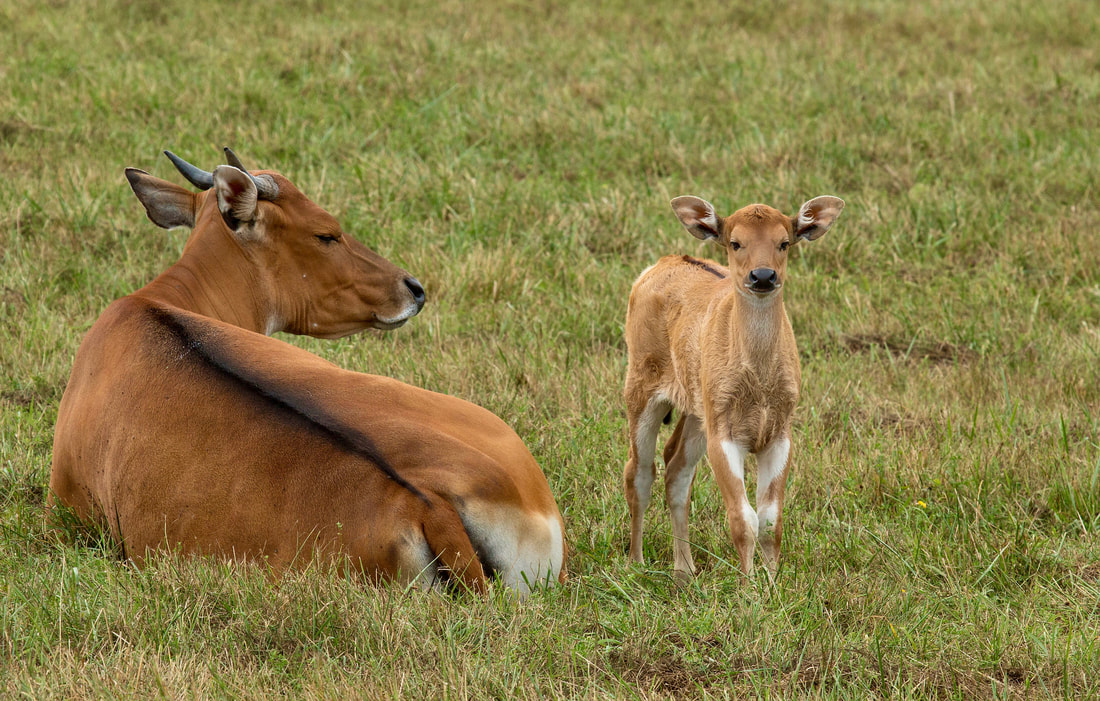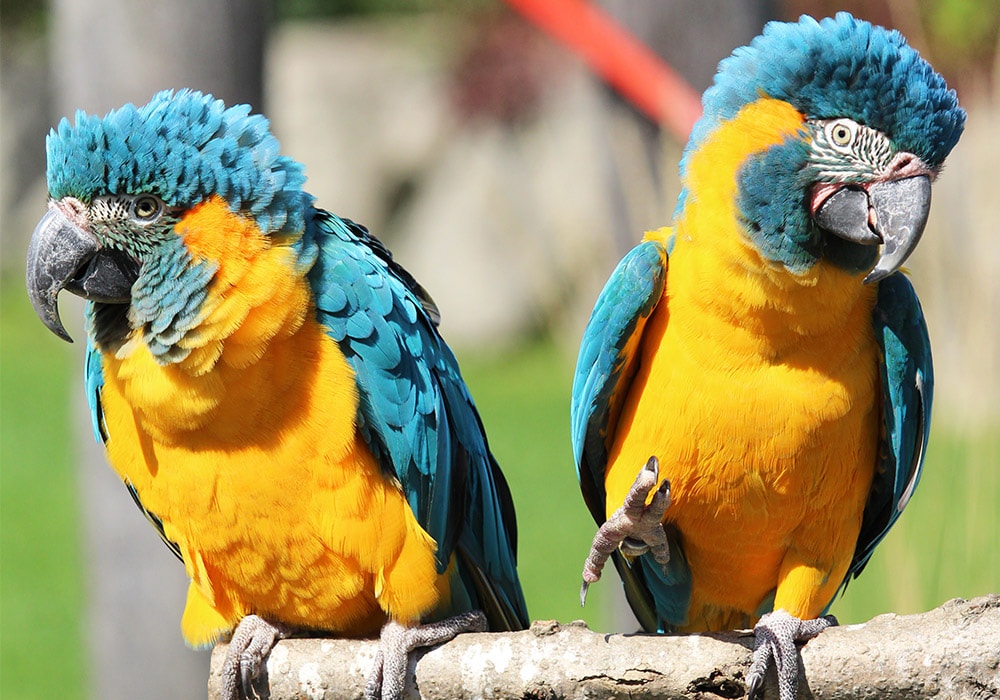2024 Red Wolf Small GrantConservation Centers for Species Survival (C2S2) will award up to a total of $5,000 USD for projects focused on Red Wolf Conservation efforts. Projects can include but are not necessarily limited to field conservation, scientific research, and/or educational outreach. This is a one-time award. C2S2 is unable to provide indirect/administrative costs. Proposals due October 1, 2024.
|
C2S2 Conservation Center Awardees
|
African Lion Safari, C2S2 Conservation Center – $8,891 The award was granted to African Lion Safari to advance their groundbreaking work in Loggerhead Shrike conservation. As the only known conservation breeding program in North America for a migratory passerine, the African Lion Safari is seeking to double the release capacity of Loggerhead Shrike into the wild at the Napanee release site in Ontario. Additionally, they aim to provide professional development opportunities for animal care professionals to participate in releases.
|
C2S2 International Conservation Partner Awardees
|
Friends of Wildlife, Global Partner of Smithsonian Conservation Biology Institute (SCBI) – $12,500 Friends of Wildlife has partnered with SCBI since 2008 and was awarded funds to raise awareness and policy support for banteng conservation in Myanmar. Friends of Wildlife will work with local communities and partners to promote grassroots conservation efforts and provide accurate, up-to-date information of a species that is decreasing at an alarming rate.
|
|
World Parrot Trust, Global Partner of African Lion Safari – $12,500 This award was granted to World Parrot Trust to support conservation efforts to release healthy populations of blue-throated macaws back into their natural habitat in Bolivia. Working with a local partner, the Foundation for the Conservation of Bolivian Parrots, the World Parrot Trust also aims to build aviaries and develop educational and outreach programs to engage the local community in this conservation effort.
|
United States Fish and Wildlife Service Recovery Grant
The American Red Wolf, with less than 30 in the wild, is the most endangered canid in the world. Once a wide-ranging species in the eastern United States, it was nearly extirpated from all of its range by the early 1970s due to human eradication efforts. Today, only a single reintroduced population exists in eastern North Carolina.
A robust conservation breeding population is crucial to securing the survival of the Red Wolf, a species vital to the health of our ecosystem, with the end goal of reintroduction into the wild. Currently, there are approximately 248 Red Wolves at 41 Red Wolf Species Survival Plan (RWSSP) facilities. In 2016, the Service determined a minimum of approximately 400 Wolves with a minimum of 52 breeding pairs are needed. To achieve this, the US Fish and Wildlife Service (USFWS) awarded C2S2 $257,000 in Recovery Challenge Grant funds in 2019 and 2020 toward the construction of more Red Wolf breeding centers. $233,636 will be sub-granted to facilities to build at least 10 new Red Wolf enclosures to accommodate multi-generation groups (up to 15 individuals) within two years of awarding the sub-grant.
A robust conservation breeding population is crucial to securing the survival of the Red Wolf, a species vital to the health of our ecosystem, with the end goal of reintroduction into the wild. Currently, there are approximately 248 Red Wolves at 41 Red Wolf Species Survival Plan (RWSSP) facilities. In 2016, the Service determined a minimum of approximately 400 Wolves with a minimum of 52 breeding pairs are needed. To achieve this, the US Fish and Wildlife Service (USFWS) awarded C2S2 $257,000 in Recovery Challenge Grant funds in 2019 and 2020 toward the construction of more Red Wolf breeding centers. $233,636 will be sub-granted to facilities to build at least 10 new Red Wolf enclosures to accommodate multi-generation groups (up to 15 individuals) within two years of awarding the sub-grant.
Cheetah Sustainability Program Grants
Established in 2014, the Cheetah Species Survival Plan (SSP) Fund was created using monies generated by the Cheetah Sustainability Program to support the cooperative conservation-related scientific and educational initiatives of the SSP and its collaborators. Between 2014 and 2019, the grant has awarded a total of $167,813.






